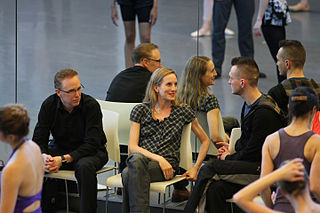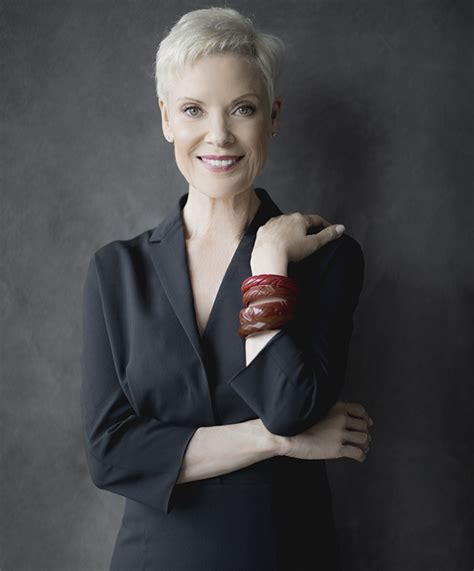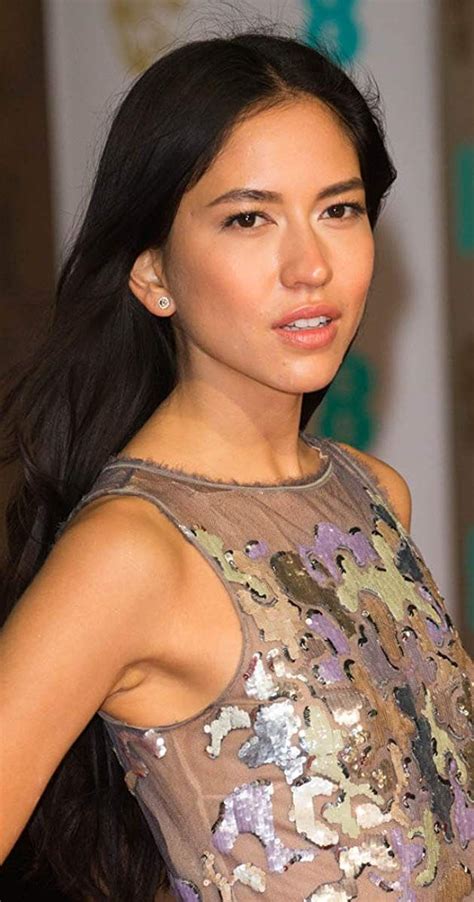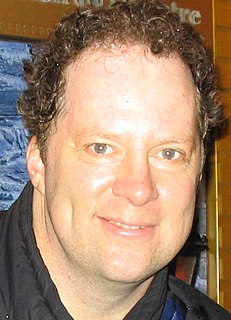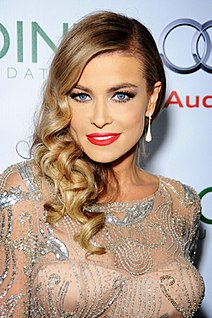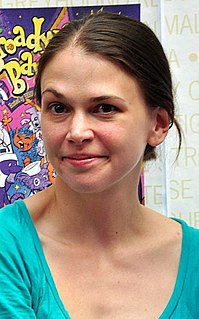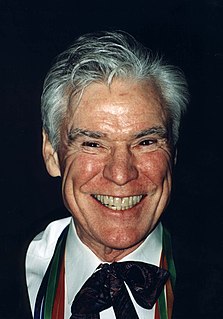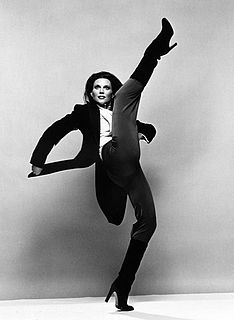A Quote by Misty Copeland
I'm a classical ballet dancer, and at the end of the day I want to be with American Ballet Theater, performing classical ballets.
Related Quotes
So many people report to be contemporary dancers, and they're not. They are sort of jazz dancers that feel like they're throwing a bit of classical in there. I mean, a true contemporary dancer has got ballet as their base and classical ballet, and that is their base. And then they choose to extemporize on that and go into a contemporary world.
When you train as a dancer, you understand you have to work exceptionally hard. I think dancers are the hardest - working people in show business. You have to push your body beyond where you thought it could go. It's athleticism. Perfection doesn't exist, but with classical ballet, there is an ideal, and I got obsessed with that ideal. In some ways, it was problematic because I don't have an ideal ballet body, but the discipline is what I carry with me to this day. That's my park, the discipline of dancing.

